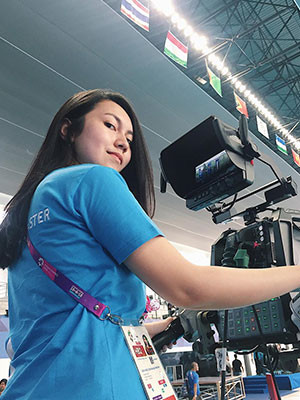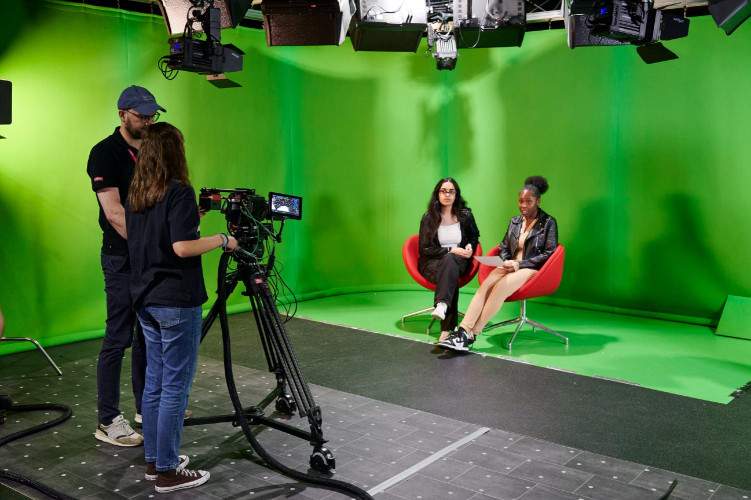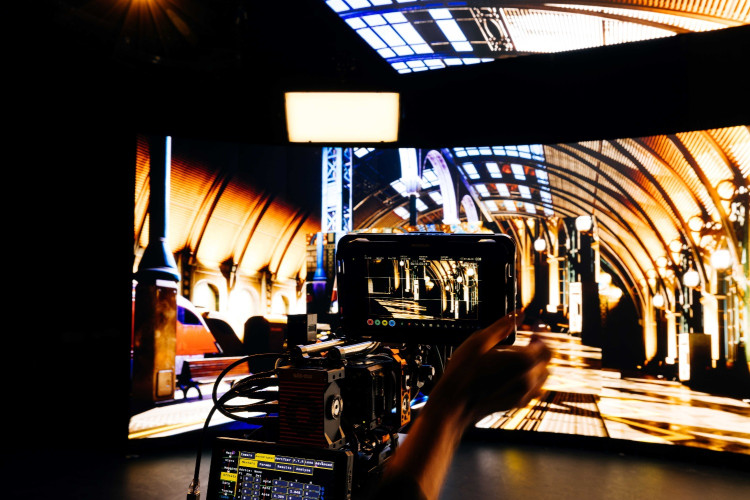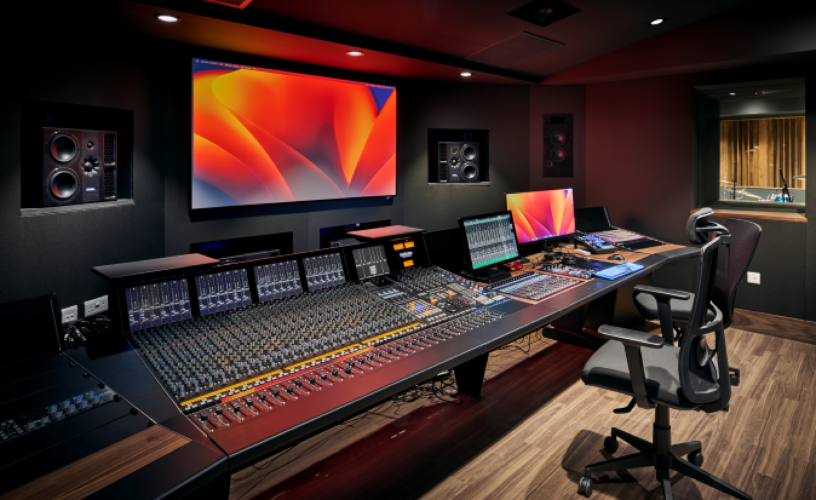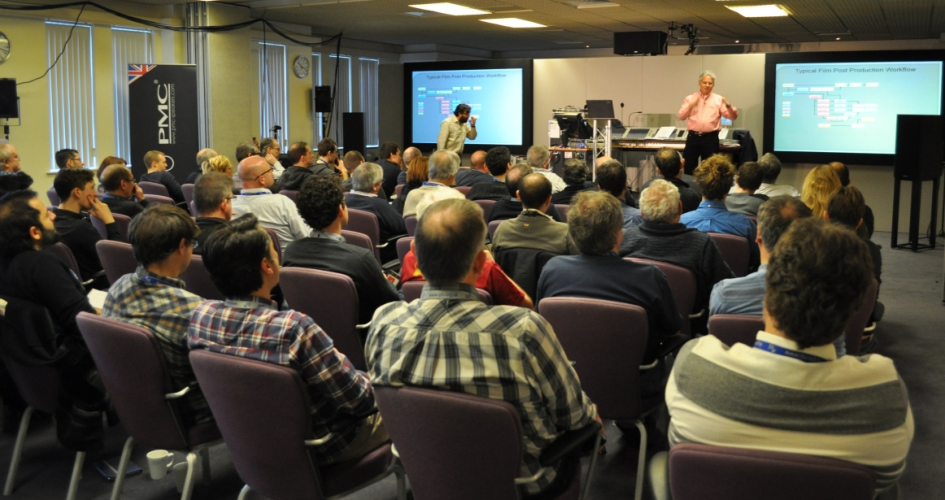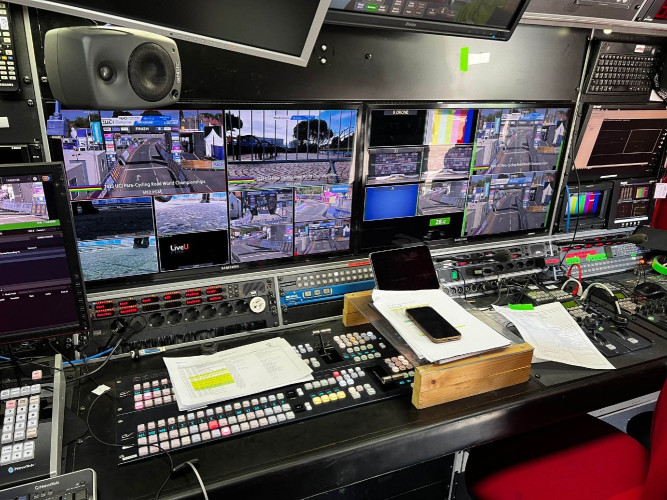This magazine is a notable champion for education in our industry, and deserves much praise for its efforts. To my mind, there is all too little concern for our future. I have previously taken up your time in these pages on the subject of creating the next generation of talent, but I am largely unrepentant that I am going to do it again.
Pretty much exactly five years ago, I was the convenor of a pan-industry conference, sponsored by IABM and EBU and held in Geneva. The subject was broadcast engineering, and how we recruit the best talent into it.
Some original research was carried out before the summit. Looking back on it, one chart still stuns me. In response to the question “Does the industry create an environment that fosters career and professional development?”, two-thirds of respondents – broadcasters and vendors – replied either no or only to a limited extent.
And I wonder how much has changed. Certainly that summit five years ago produced a list of pledges around getting more young people involved, but I’ve not seen a great deal of evidence of progress.
Which is why I really want to talk about a broadcast production company that has put its money, its skills and its reputation where its mouth is: the HBS Broadcast Academy.
Host Broadcast Services, as its name suggests, specialises in producing host broadcaster facilities for major events. We probably all know HBS as the production company that manages all the coverage of FIFA World Cups, but they do a lot of other sports too.
For more than a decade, HBS has created opportunities for younger people in the industry to develop skills. In 2017 it launched a full-blown academy with a mission to encourage young talent to enter and stay in broadcasting and production.
Central to that was a drive to create a diverse and multi-cultural talent pool, including increasing the number of women in sports broadcasting. This is not just tokenism: anyone who has been near a sports OB will know that the style – and language – tends to be very testosterone-heavy. There are real cultural barriers to introducing women.
Since 2017, the Broadcast Academy has run courses for large numbers of students from 40 nationalities across Europe, the Middle East, Asia and Africa. In particular, it has run production workshops for live sports broadcasting, the key area of HBS’s expertise.
It is important to give a shout out here to EVS, which has provided technical support and sponsorship for these workshops. In particular, if you want to learn to be a director you need some way of practising which does not involve renting a 24 camera truck. EVS has developed a live production simulator which gives a convincing impression of the real thing, and which enables would-be directors and replay operators to develop around the pressures of live sports.
The Broadcast Academy provides continuing professional development for current broadcast staff, and tastes of the real thing for media students. What impresses me is that these are genuine, practical opportunities, and not just a bit of PowerPoint and chat about what goes on.
HBS was contracted to provide host broadcaster services for the 2018 Asian Games. That includes a legacy programme, which guarantees that when an event is over, the broadcast knowledge remains in the host country for future generations, to create a long-term impact.
For the Asian Games, the Broadcast Academy trained 514 media and broadcast students – 304 of whom were female – to take an active role in the production. This represented 25% of the crew so these were not just runners or observers. It really was committed training in action. It also gave the students the chance to produce their own short films around the Games, with the best distributed to broadcasters to enrich their coverage.
The real success of the HBS Broadcast Academy, it seems to me, is that it takes people with drive and enthusiasm and gives them the chance to seize control of their own destiny. The directing courses, for example, cover the basic principles of live sports production, including the roles of each crew member, camera positions and plotting, and the use of live slow motion replays.
Most important, each attendee gets the chance to direct a football match, using the EVS live simulator. The nature of courses mean that each attendee gets one go to prove whether they have what it takes or not.
Which brings us to the remarkable Vera Bichler. On 18 August 2018 she became the first woman at Austrian national broadcaster ORF to sit in the director’s chair for a live football match. She is now a regular director for football on premium channel ORF Sport+, and has branched out into other events: she was assistant director for all the biathlon transmissions at the Pyongchang Winter Olympics, directed the Austrian coverage at the 2019 FIR Alpine World Ski Championships in Aare, Sweden, and is pencilled in for the Americas Cup in New Zealand next year.
Vera was a graduate entrant at ORF. She had studied journalism at Saint Pölten University, and always wanted to work in the media industry. She also had an impeccable sports background: she was world ju jitsu champion in 2011.
After five years with the broadcaster, including acting as assistant director on sports events, she was given the chance to attend the Broadcast Academy’s sports direction course, held at the UK National Film and Television School in March 2018, to try her hand at story-telling.
“It is all about making unpredictable live events as structured as possible,” she said. “It is always good to have a plan A that you can adapt to plan B, C or D, rather than having to start from scratch every single time.
“Live coverage means you need to make instant decisions, and be confident in choosing the execution for that moment,” according to Vera. “That said, sport is not a life or death operation. It is all right to make mistakes – they are learning opportunities.”
Vera was 29 years old when she directed that first game, a year ago. That made her the right age to win the first ever IBC Young Pioneer Award – the big picture at the beginning of this article shows her with the trophy.
Alongside her in the picture, because she dragged him on stage, is John Watts, freelance sports director and trainer on that course in the spring of 2018. “It’s a great thing to be able to teach these people,” he told the audience. “Vera showed great talent at the course. It’s so rewarding for her, and of course of the Broadcast Academy, to see someone who has gone through this and made a real impact in sport.”
And that, I guess, brings us back to the original problem. When you invest time and money into training and professional development, as HBS has done, then you can make a huge difference: in diversity with the multi-cultural team at the Asian Games, and in identifying stars like Vera Bichler.
But in these straitened times, it can be difficult to make the financial case. The temptation is to poach talent rather than develop your own.
Alternatively, there is the “runner” process, but that is television’s equivalent of junior doctors: “we all had to go through years of hell, and so must you”. But I’m not convinced that over-working and underpaying is the best route to win and keep the award winners of the future.
HBS has found ways to make its Broadcast Academy cover its costs – including offering bursaries for women and under-represented groups – through working closely with broadcasters, broadcasting unions and sports federations.
All I can do is urge others to find their own routes to finding and developing the best talent. Despite all the changes in our industry, content is still king, and making great programmes, whatever the genre, requires the best people.
At that IABM/EBU summit five years ago, the chair was Niall Duffy, now with AWS. He concluded the conference by saying “We got into this industry because we love media. We need to take that, and use that passion for what we do to go out and make sure that the best and the brightest want to come into our industry.
“We need to provide them with a mechanism to come into this industry, and we need to ensure they are rewarded and engaged once they do.”
This splendid magazine regularly runs articles from media students and graduates taking their first steps in the industry. They deserve the encouragement – and rewards and engagement – of all of us if we are to continue to enjoy television in the future.





